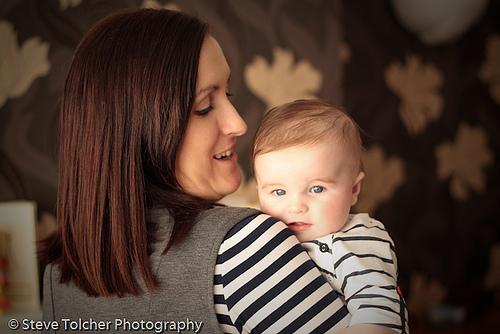A few weeks ago I ran a workshop for one of our clients in San Francisco. It was predominantly to a group of hiring managers, but a few of the senior partners popped their heads in, too.
During the session I asked the group if they could share any specific examples of where they thought their current recruitment process might be going wrong.
Talk about opening the floodgates …
All I could do was stand back, nod, and take it all in before making my own recommendations.
For an organisation their size (and with an incredibly low level of staff turnover – I was seriously impressed!), it didn’t take me long at all to discover why they were having so many problems on the recruiting front.
It had nothing to do with their location; nothing to do with the salaries they were offering; nothing at all to do with the fact they have every applicant complete a personality assessment (I’m personally a big fan of psych testing); and nothing to do with the quality of their job advertisements.
How many interviewers is too many?
The management team was clearly not familiar with the phrase “too many cooks in the kitchen”. I couldn’t believe that for any role in the business (entry level right up to senior management) that potential candidates would be expected to meet with up to seventeen ‘decision makers’!
During the recruitment process some candidates had been known to spend 5 or 6 hours meeting different people within the business in up to 8 separate ‘interviews’! “Of course there’s always at least one person with something negative to say. And since we need 100% consensus we just keep finding ourselves back at square one. I know we’ve turned away some great talent”.
I wasn’t surprised. I mean if you ask nearly 20 people what they think of one particular candidate you’re bound to get some disagreement. It’s like asking 20 people what they think of a particular song or movie. 100% buy in? Highly unlikely.
Who really needs to get involved?
Before you start recruiting, for each individual vacancy, you need to determine exactly who in the business should be part of the selection process. Where possible there should always be one specific person (usually someone wearing the ‘HR’ or ‘recruitment’ hat) who is responsible for the first round of screening – regardless of the level of the role in the business.
There’s really no use having groups involved this early on. You can then bring relevant line managers into the mix at a later stage – those senior players in the business who would be working directly with the new team member.
There’s no point asking the CIO to interview a potential new marketing assistant, or the Sales Director to interview an accounts payable candidate. Nor should you bother bringing the Financial Controller in to meet an applicant for a customer support vacancy.
Should you run a panel interview?
If a potential new hire might be working across the business – in other words they might interact with people in product development, sales and marketing – then for a 2nd stage meeting you could always invite the candidate in for a panel interview.
But you still wouldn’t bring in 17 panel members! The number of interviewers on a panel should ideally never exceed three. You want the candidate to feel comfortable and be able to make eye contact with each person sitting across from them.
But determining up front what specific questions will be asked by each of the panelists is also essential. Otherwise everyone will end up just having a chat and that’s not going to help at all.
What about video interviews?
Video interviews can add huge value if for some reason you can’t avoid too many cooks getting involved. The candidate records responses to a set number of pre-determined questions and the video interview can then be shared among all the key decision makers.
This ensures any feedback is objective and based on everyone assessing exactly the same responses to exactly the same set of screening questions. (I naturally recommended video interviews to the team in San Francisco too! Video screening would dramatically reduce the amount of bias and the completely unstructured approach to their previous selection process).
Who gives the ultimate seal of approval?
If the Managing Partner, Chairman, Managing Director, CEO, [insert title of most senior person in your business] really wants to meet every new team member, then of course you include such a meeting in the recruitment process.
However they don’t need to put time aside for a formal one-hour interview – unless of course they will be working directly with the new hire.
If the hiring manager has done their due diligence, conducted reference checks and is keen to make an offer to a particular candidate, then meeting with the CEO or Managing Director (in a company the size of the one I presented to) is really just a matter of courtesy, protocol, or gaining the ‘seal of approval’.
Meet and greet with the team
If a new hire is going to be working as part of a specific team, then you might want to consider inviting the candidate in for drinks with the team, or perhaps a lunch with some of the team members.
The team members should not get involved in the actual interview (grilling) process. It’s more a chance for the team members to meet their potential new colleague in an informal setting.
Of course it’s also a chance for the candidate to see whether they gel with the people they’ll be working alongside. It’s about minimising the roadblocks. Every single hire is a crucial decision for any size organisation.
But as your business grows there will be certain people who need to be involved in the assessment of potential candidates in an ‘official capacity’ and many others who absolutely don’t need to be.





